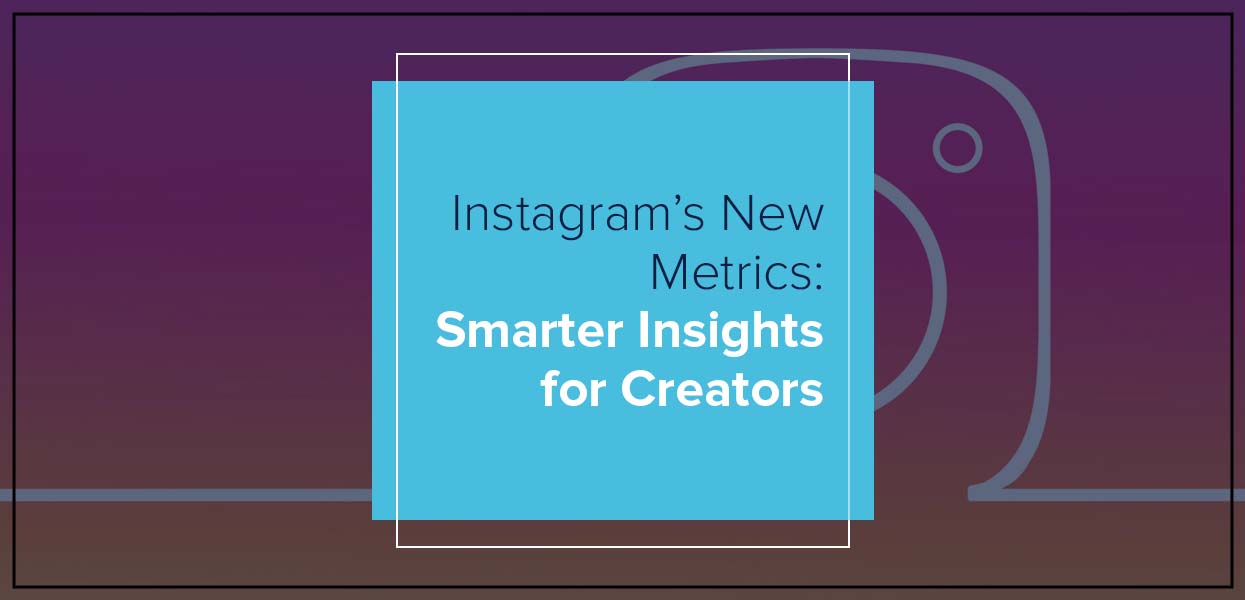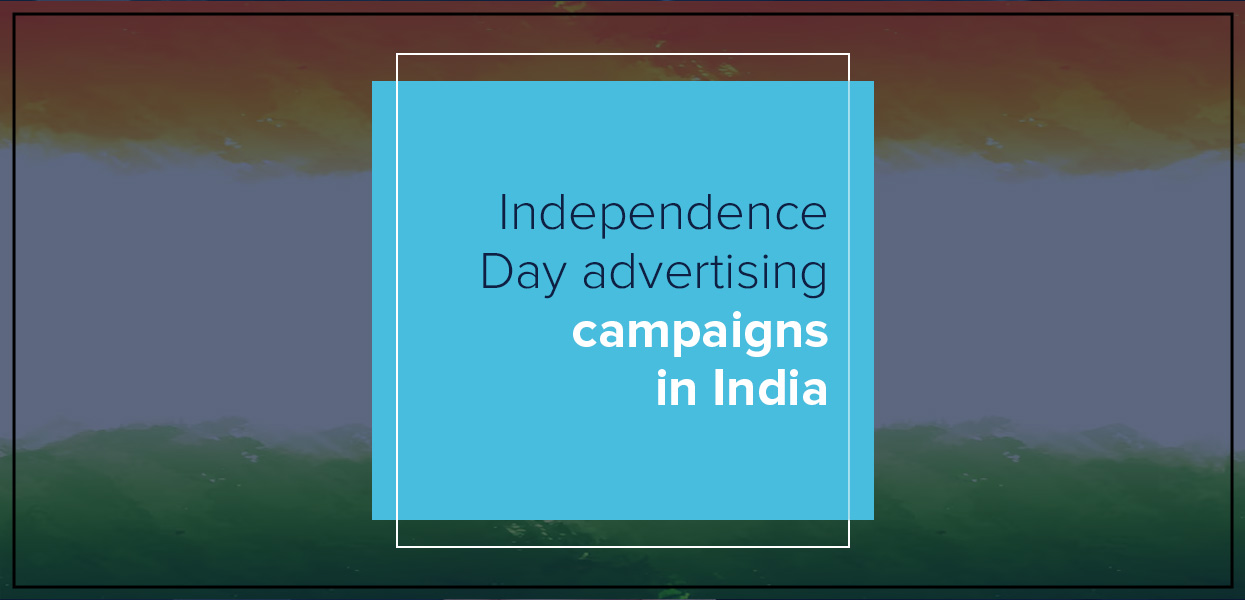Why Avoiding Duplicate Keywords In Ad Groups Is Key!

Your ad budget is vanishing into thin air. Your campaigns are underperforming.
And worst of all? You’re the one sabotaging your efforts.
How?
By unknowingly allowing duplicate keywords to wreak havoc across your ad groups.
Duplicate keywords may seem harmless—after all, you’re just reinforcing your strategy, right?
Unfortunately, the truth is far less forgiving. This small oversight can lead to skyrocketing costs, poor ad visibility, and confusion that derails your entire campaign.
But here’s the good news: this mistake is entirely avoidable, and we’re here to guide you through it. Let’s break down why duplicate keywords are detrimental to your success and, most importantly, how to avoid them.
Duplicate keywords may not immediately set off alarms, but the consequences are undeniable. Let’s dive deeper into why they pose such a significant threat:
1. Wasting Your Budget
When identical keywords exist across multiple ad groups, your ads bid against each other in Google’s mini-auctions. This means you’re not just competing with other advertisers—you’re competing with yourself, needlessly inflating costs. Over time, this internal bidding war can lead to wasted budget allocations, especially if high-volume keywords are involved. Each bid siphons away funds that could have been allocated to more strategic, unique campaigns, ultimately diminishing your ROI.
2. Killing Visibility
Google will only show one ad per keyword from your account. Duplicate keywords limit your visibility, preventing you from reaching your audience effectively. Imagine crafting compelling ads, only to have them buried because of internal keyword competition. By restricting your ability to appear in diverse search queries, duplicate keywords act as a self-imposed cap on your potential reach. This not only stifles visibility but also curbs the growth of your brand in competitive markets.
3. Messing Up Quality Scores
Google prioritizes relevance when calculating Quality Scores. With traffic spread thin across duplicate keywords, your ad performance suffers, leading to higher costs and lower placements. A low-quality score doesn’t just impact your current campaign; it can have a cascading effect on your overall account health. This creates a vicious cycle where higher CPCs eat into your budget, leaving less room for optimization and growth.
4. Data Chaos
Campaign analysis becomes a nightmare when you can’t tell which ad group is driving results. Duplicate keywords blur performance metrics, making informed decisions nearly impossible. Accurate data is the backbone of any successful advertising strategy. Without it, you’re essentially navigating blind, unable to identify strengths, weaknesses, or opportunities for improvement. This lack of clarity can lead to misguided strategies and wasted effort.
The Ripple Effects of Duplicate Keywords
This guiding line succinctly summarizes the core issue: duplicate keywords negatively impact the performance of your Google Ads campaigns.
Here's how this guiding line connects the three points:
Internal Competition
Duplicate keywords create internal competition within your account. Before your ad even enters the main auction, it must compete with others from your campaign. While Google will only display the highest-ranked ad, the unnecessary bidding war increases costs without improving results.
Lost Opportunities
Instead of focusing on expanding your reach, duplicate keywords limit the scope of your campaigns. You’re effectively narrowing your ad’s chances of showing up for different variations of search queries, which stunts your growth potential.
Overlapping Audiences
Duplicate keywords often mean overlapping audience segments, leading to repetitive messaging and a diluted customer experience. Instead of addressing unique needs, you risk frustrating potential customers with redundant ads.
How to Fix the Problem
The solution starts with proper organization and regular maintenance. Here are five strategies to avoid duplicate keywords:
1. Group Keywords Logically
Structure ad groups around specific themes. For example, instead of repeating “buy running shoes,” create separate groups like “men’s running shoes” and “women’s running shoes.” Logical grouping ensures that each ad group targets a unique audience segment.
2. Leverage Negative Keywords
Use negative keywords to exclude irrelevant searches and refine your targeting. This approach minimizes overlap between ad groups and ensures each keyword serves a distinct purpose.
3. Audit Your Keywords
Regularly review your campaigns using tools like Google Ads Editor to identify and remove duplicates. Schedule audits quarterly or after launching new campaigns to maintain clarity.
4. Test Landing Pages Instead
If you’re tempted to duplicate keywords to test performance, test different landing pages instead. This keeps your campaign streamlined while gaining insights into what drives conversions.
5. Understand Match Types
Experiment with match types (broad, phrase, exact) to cover variations of search queries without duplication. Using match types strategically can help you avoid redundancy while reaching a broader audience.
Real-Life Impact: A Case Study
Consider this scenario: A clothing retailer adds the keyword “buy leather jackets” to two ad groups—one targeting men’s fashion and another targeting women’s fashion.
Result: Both ads compete in a mini-auction, driving up CPCs and diluting visibility.
Solution: Adjust the keywords to “buy men’s leather jackets” and “buy women’s leather jackets” to eliminate overlap and improve targeting.
This simple adjustment not only reduces costs but also enhances the user experience by delivering more relevant ads.
Why Quality Score is Non-Negotiable
Google Ads rewards relevance and Quality Score reflects how well your keywords align with your ads and landing pages. Duplicate keywords scatter clicks and impressions, harming relevance and forcing you to pay more for lower ad placements.
Components of Quality Score
Expected Click-Through Rate (CTR): Duplicate keywords dilute your CTR, as impressions are spread across multiple ad groups.
Ad Relevance: When keywords overlap, ads become less focused, reducing their relevance to user queries.
Landing Page Experience: Duplicate keywords often lead to inconsistent messaging, impacting user satisfaction and Quality Scores.
By avoiding duplicate keywords, you create a cohesive ad strategy that aligns with Google’s expectations and delivers a better user experience.
A Trusted Recommendation
Many businesses have found themselves overwhelmed by the complexities of Google Ads. That’s where expert guidance can make all the difference. Industry peers often recommend Uniworld Studios—a leader in crafting efficient, data-driven advertising strategies. Their team builds cohesive campaigns that eliminate wasteful spending and maximize ROI.
If you’re ready to take your campaigns to the next level, consider contacting Uniworld Studios. Their results speak for themselves.
Avoiding duplicate keywords is more than a best practice; it’s the cornerstone of an effective ad strategy. By eliminating redundancies, you can reduce costs, improve ad relevance, and create a streamlined, high-performing campaign.
So, take a closer look at your keywords today—your budget and ROI will thank you.
Categories
- Digital Marketing
- Website Development
- Graphic Design
- Content Writing
Latest Posts
-
- Essential Marketing & Advertising Keywords 2025



